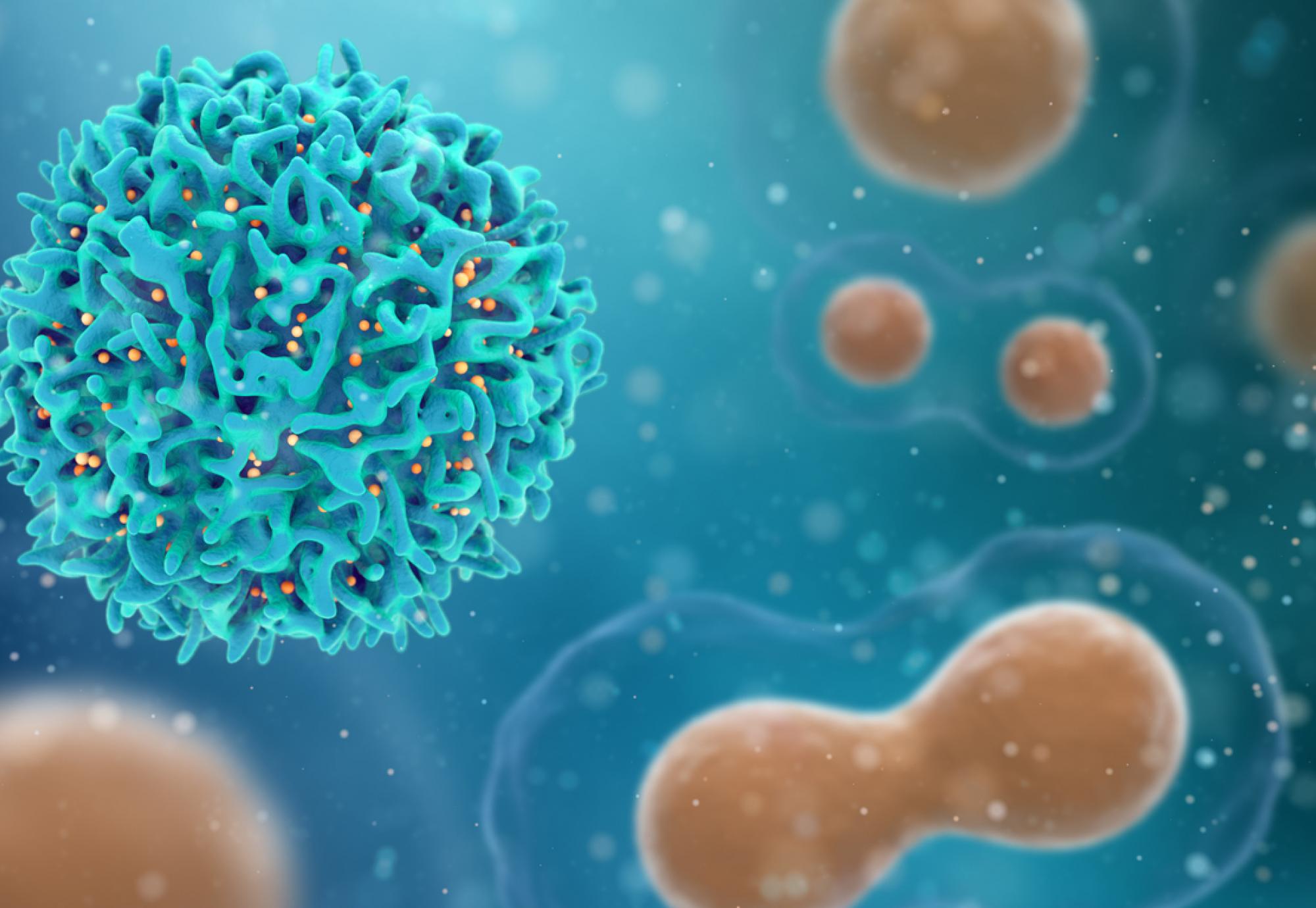The UK’s world-leading cancer research portfolio is set to get a boost, as the National Institute for Health and Care Research (NIHR) announce new funding for the network of Experimental Cancer Medicine Centres (ECMCs).
Since being established back in 2007, the ECMC network has drawn upon world-class clinical expertise and insight to deliver approximately 2,100 clinical trials – the network is a collaborative partnership between the NIHR, Cancer Research UK, the Little Princess Trust, the Chief Scientist’s Office in Scotland, Health and Care Research Wales, and Northern Ireland’s HSC Public Health Agency.
As part of this latest funding, the NIHR is contributing around £21.6m, with the overall investment totalling £47.5m over the course of the next five years.
Up to £40.8m will go towards 17 adult ECMCs across the UK, ranging from Belfast, Birmingham, Cambridge, Cardiff, Edinburgh, Glasgow, Leicester, Liverpool, Manchester, Newcastle, Oxford, and Southampton. Adult ECMCs in London include Barts, Imperial, King’s, UCL, and finally a joint centre between the Institute of Cancer Research and The Royal Marsden.
The residual £6.6m will be ringfenced for clinical trials at 12 children’s ECMCs across England, Scotland, and Wales. They span from Glasgow, Newcastle, Liverpool, and Manchester all the way down to Birmingham, Bristol, Cambridge, Cardiff, and Southampton. The two centres in London are at the Institute of Cancer Research and a joint venture between UCL and Great Ormond Street Hospital.
NIHR Chief Executive, Professor Lucy Chappell, said: “The ECMC Network is a vital strategic investment in the UK’s cancer research community, bringing together top scientists and clinicians to tackle some of the biggest scientific challenges in cancer and improve outcomes for patients.
“Through this route, we enable more people to join trials that could help them. The ECMC Network will give access to brand new experimental treatments for patients, including children and young people, paving the way for these treatments to be used in the clinic one day.
“This is a crucial part of NIHR’s work, and enables more people to join trials that might help them. We are proud to be partnering with Cancer Research UK and the Little Princess Trust in funding this network.
“The UK has considerable strengths in cancer research. We will continue to back life-saving research for the thousands of adult and children patients affected by cancer every year.”
Health Minister, Helen Whately, added: “This partnership between Cancer Research UK, the NIHR and the Little Princess Trust will fund innovative trials that could lead to new life-saving treatments. Every life lost to cancer is devastating and I’m pleased that across the country, people will be given renewed hope – especially children and young people – that we can beat this awful disease.”



















